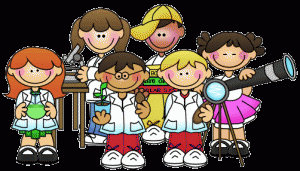 Science Overview
Science Overview
Science stimulates and excites pupils’ curiosity about phenomena and events in the world around them. It engages learners in many ways. Through science, pupils understand how major scientific ideas contribute to technological change – impacting on industry, business and medicine and improving quality of life.
In our science lessons children are encouraged to ask questions about what they observe, to test their own ideas and to look for explanations. Whilst teaching new concepts, we help children to develop skills and strategies which, in time, will give them access to further areas of knowledge.
We teach Science through:
- Planning investigations.
- Carrying out experiments including whole class teacher-led demonstrations and experiments carried out independently, in pairs or in small groups
- making and justifying predictions.
- understanding and using scientific language.
- recording observations and results and findings in a variety of ways including drawings, diagrams, writing, charts or graphs).
- interpreting and analysing results
- asking and answering scientific questions.
- extended writing opportunities.
- Use of Computing, video clips and images.
- exploring the outdoor environment
Curriculum Downloads:
Please choose from the following options.
